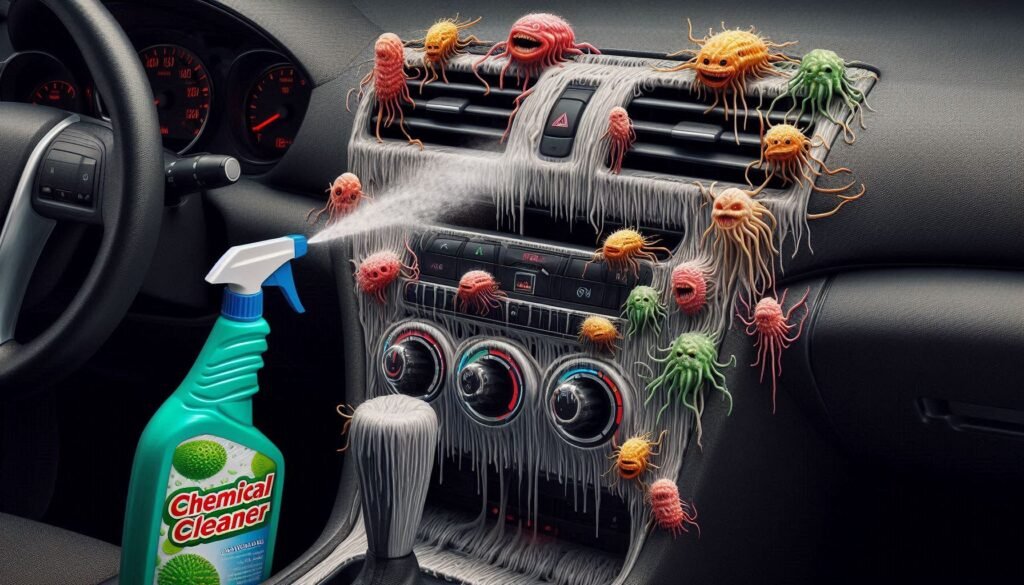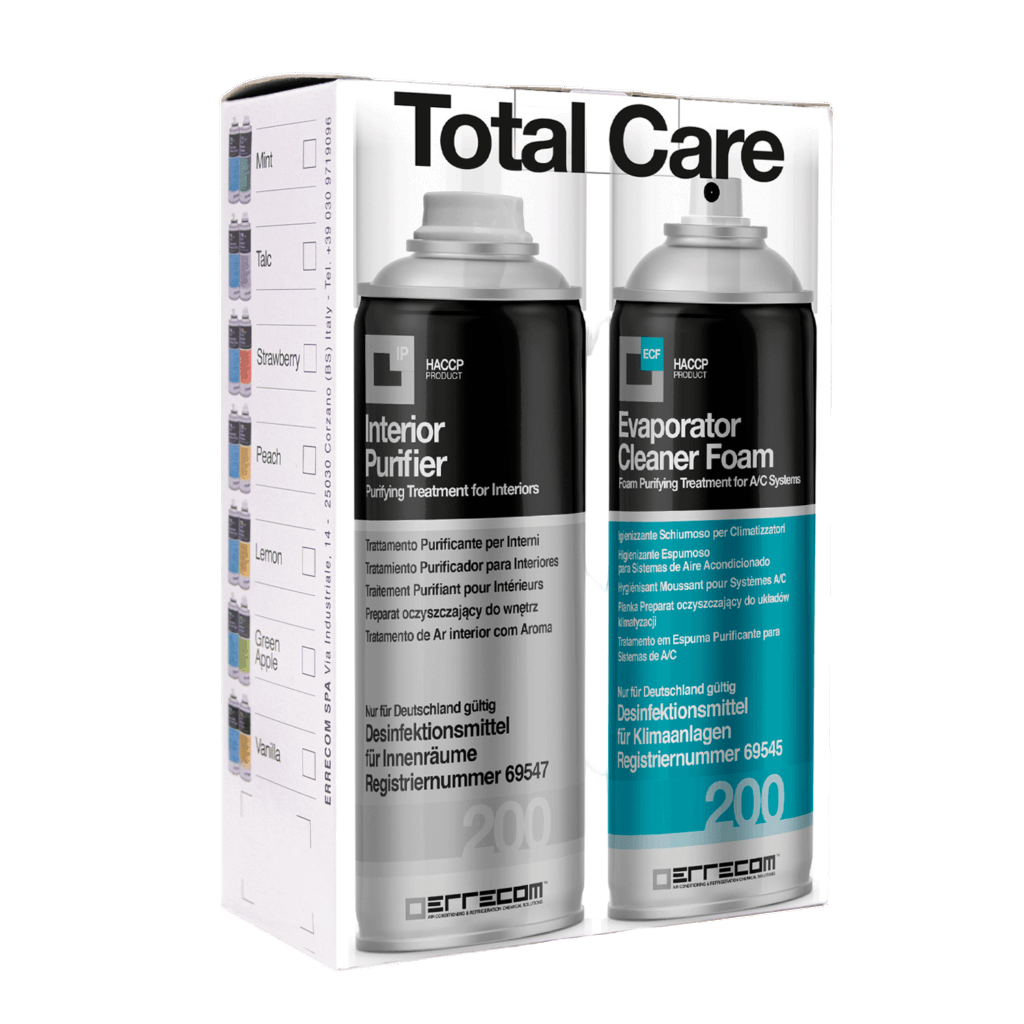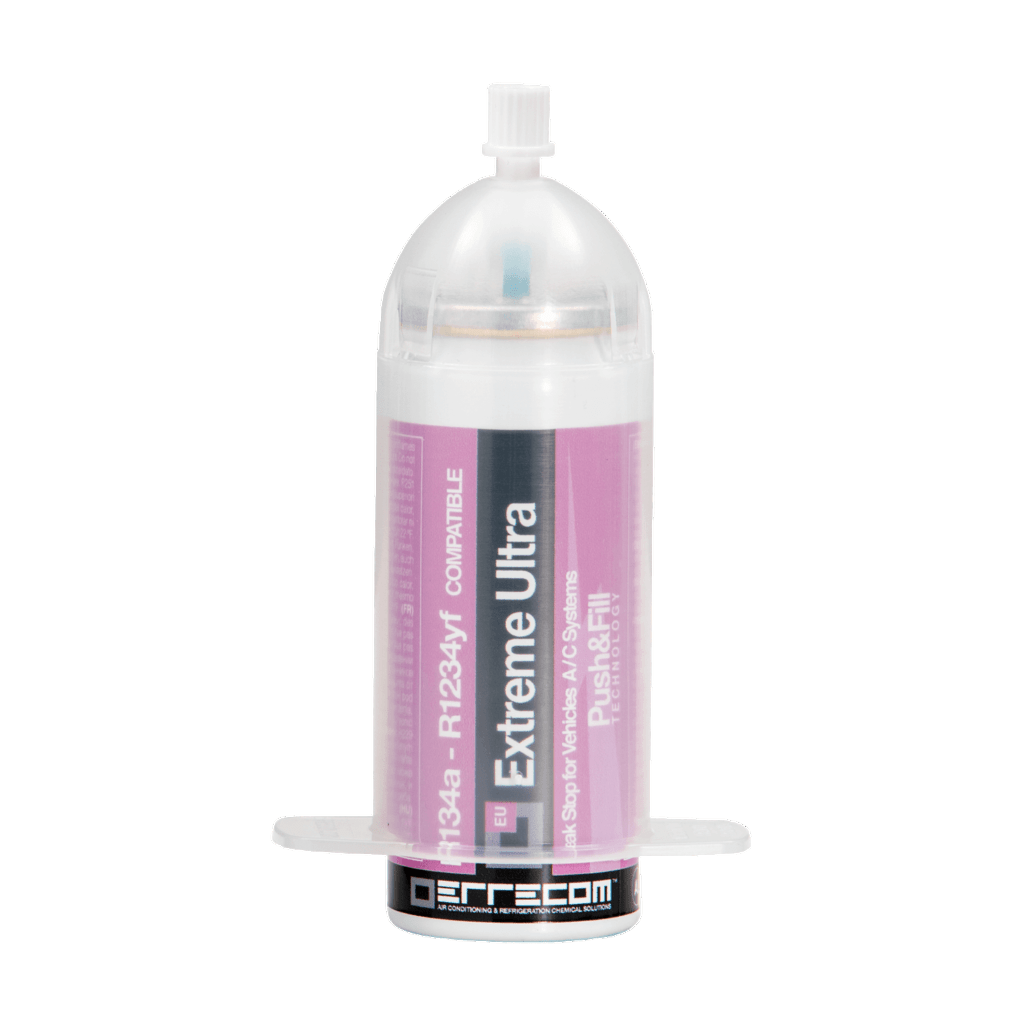How to Prevent and Remove Mold from Your Car’s Air Conditioning System Using Chemicals

By Ali Hasan Omar | October 21, 2024
Introduction
A moldy smell coming from your car’s air conditioning (AC) system can turn even a short drive into an unpleasant experience. Mold and mildew can build up inside the AC vents and evaporator due to excess moisture, leading to not only a foul odor but also potential health issues. If left unchecked, mold spores can circulate through the cabin, posing respiratory risks, especially for individuals with allergies or asthma. Fortunately, with the right approach and chemicals, you can effectively prevent and remove mold in your car’s AC system.
In this article, we’ll explore why mold grows in your car’s AC, how to identify the signs of mold, and a step-by-step guide on using specialized cleaners to prevent and remove Mold buildup. We’ll also cover preventive measures to keep your car’s AC system mold-free in the future.
Why Mold Grows in Your Car’s AC System
Your car’s air conditioning system operates by pulling in moisture from the air to cool it down. While this is a normal process, the moisture can accumulate inside critical areas like the evaporator core and ducts. If water doesn’t drain properly, or if there’s excessive humidity, mold and mildew find the perfect breeding ground. Here are a few common reasons for mold growth in your car’s AC:
- Improper Water Drainage: If the AC’s drain tube is clogged, it prevents moisture from exiting the system, leading to stagnant water buildup.
- Frequent Short Trips: When you frequently drive short distances, the AC may not have enough time to dry out completely after use.
- Humidity and Climate: Hot, humid climates provide ideal conditions for mold growth, especially when your car sits idle for long periods.
- Cabin Air Filters: A dirty or clogged cabin air filter can harbor mold and cause spores to spread throughout the ventilation system.
Signs of Mold in Your Car’s AC System
Wondering if your car’s AC system is infested with mold? Here are some telltale signs:
- Musty or Damp Odor: The most obvious indicator of mold or mildew in the AC system. If your car smells like a damp basement when the AC is turned on, mold is likely the culprit.
- Reduced Airflow: A buildup of mold or mildew in the ducts can restrict airflow, making your AC less effective.
- Allergy-Like Symptoms: If you or your passengers experience sneezing, coughing, or watery eyes while driving, mold spores circulating through the air could be the cause.
Step-by-Step Guide: How to Prevent and Remove Mold from Your Car’s AC System Using Chemicals
Step 1: Select an Automotive-Specific Mold and Mildew Cleaner
Opt for a cleaner specifically formulated for automotive air conditioning systems. These specialized cleaners are engineered to effectively eliminate mold and mildew while preserving the integrity of delicate AC components. Aerosol-based products with long, narrow nozzles are ideal, as they enable precise application deep within the vents and ducts.
A recommended product is ERRECOM Total Care, a foam-based evaporator cleaner that adheres seamlessly to evaporator fins and air duct surfaces, efficiently removing dirt and harmful microorganisms that compromise the AC system’s cleanliness and performance.

Step 2: Turn Off the Engine and AC
Before applying any cleaning product, ensure that the engine and the AC system are turned off. This ensures safety and allows the cleaner to work effectively.
Step 3: Access the Air Vents and Intake
Identify the air intake vents, usually located under the dashboard or near the windshield, as well as the cabin vents inside the car. This is where you’ll be applying the mold cleaner.
Step 4: Apply the Cleaner

Insert the nozzle of the cleaner into the intake and cabin vents. Spray the cleaner as per the manufacturer’s instructions, making sure to apply it generously. The cleaner will circulate through the system, attacking mold and mildew in hard-to-reach areas, including the evaporator core.
Step 5: Let the Cleaner Sit
Allow the cleaner to sit for the recommended time (usually 5-10 minutes) to ensure it thoroughly penetrates and kills any mold spores.
Step 6: Run the AC on High

After the cleaner has set, turn the car back on and run the AC at the highest setting for several minutes. This step ensures the cleaner circulates through the system, flushing out remaining mold and any lingering odors. Make sure to roll down the windows during this process to let fresh air in.
Step 7: Replace or Clean the Cabin Air Filter

A dirty cabin air filter can harbor mold spores, so replacing it after cleaning your AC system is essential. If your car’s filter is reusable, clean it according to the manufacturer’s instructions to ensure it’s free of contaminants.
Preventing Mold in Your Car’s AC System
Regular maintenance and preventive measures can help keep mold from returning. Here are some tips to avoid mold buildup in the future:
- Run the Fan Without AC: After turning off the AC, run the fan on high for a few minutes to help dry out any residual moisture in the vents and ducts.
- Clear the AC Drain Line: Periodically check the AC’s drain line for blockages to ensure proper drainage of moisture. A clogged drain can cause water to back up, creating a breeding ground for mold.
- Use an AC Cleaner Regularly: To maintain a mold-free AC system, use a mold and mildew cleaner at least twice a year—especially if you live in a humid climate.
- Park in a Garage or Shade: Try to park your car in a garage or shady area to prevent excessive heat buildup inside the vehicle, which can contribute to moisture accumulation.
Health Risks of Mold in Your Car’s AC
It’s important to understand that mold isn’t just a nuisance; it can pose real health risks. Mold spores circulating through your car’s air system can cause respiratory issues, especially for people with allergies, asthma, or compromised immune systems. Common symptoms include coughing, sneezing, runny nose, headaches, and itchy eyes. Prolonged exposure to mold can lead to more severe respiratory problems. This makes it all the more important to tackle mold growth in your car as soon as you notice it.
Conclusion
Maintaining a mold-free air conditioning system is essential for your comfort and health while driving. By understanding the causes of mold, identifying the warning signs, and using proper cleaning techniques, you can ensure that your car’s AC remains fresh and clean. Don’t forget to incorporate preventive measures to keep mold at bay in the long term.
Remember, routine maintenance goes a long way in ensuring the longevity of your vehicle’s AC system and the quality of the air you breathe inside your car. Keep these tips in mind, and enjoy a mold-free driving experience!
FAQs
What causes mold to grow in my car’s air conditioning system?
Mold grows in the AC system due to moisture buildup inside the evaporator, ducts, and vents, often caused by poor drainage or high humidity.
How can I tell if my car’s AC has mold?
Common signs include a musty or damp odor when the AC is running, reduced airflow, and allergy-like symptoms such as sneezing or coughing while driving.
Is mold in my car’s AC harmful to my health?
Yes, mold spores can cause respiratory problems, especially for individuals with allergies or asthma, leading to coughing, sneezing, and other health issues.
Can I remove mold from my car’s AC system myself?
Yes, using specialized mold and mildew cleaners designed for automotive AC systems can help you eliminate mold effectively.
How often should I clean my car’s AC to prevent mold?
It’s recommended to clean your car’s AC system at least twice a year, especially if you live in a humid climate or notice signs of mold.
What kind of chemicals are safe for removing mold in my car’s AC?
Look for chemical sprays formulated specifically for automotive air conditioning systems, as these are designed to break down mold without damaging the components.
Can I prevent mold from growing in my car’s AC?
Yes, you can prevent mold by regularly running the fan after using the AC, clearing the drain line, and using AC cleaners to remove any lingering moisture.
Why does my car’s AC smell musty?
A musty smell usually indicates mold or mildew growth inside the AC system, likely due to trapped moisture in the evaporator or ducts.
How do I clear my car's AC drain line to prevent mold?
Locate the drain line under the car and use a thin tool or compressed air to remove any blockages that might prevent proper water drainage.
Can a dirty cabin air filter contribute to mold growth?
Yes, a dirty or clogged cabin air filter can harbor mold spores, which can spread through the ventilation system. Replacing or cleaning the filter helps prevent contamination.
Is it safe to use my AC if I suspect mold is present?
It’s best to avoid using the AC until the mold is cleaned, as circulating mold spores can worsen health issues for you and your passengers.
What are the best practices for maintaining a mold-free car AC system?
Regularly use AC mold cleaners, run the fan after using AC, check the drain line for clogs, and replace the cabin air filter to maintain a mold-free system.






